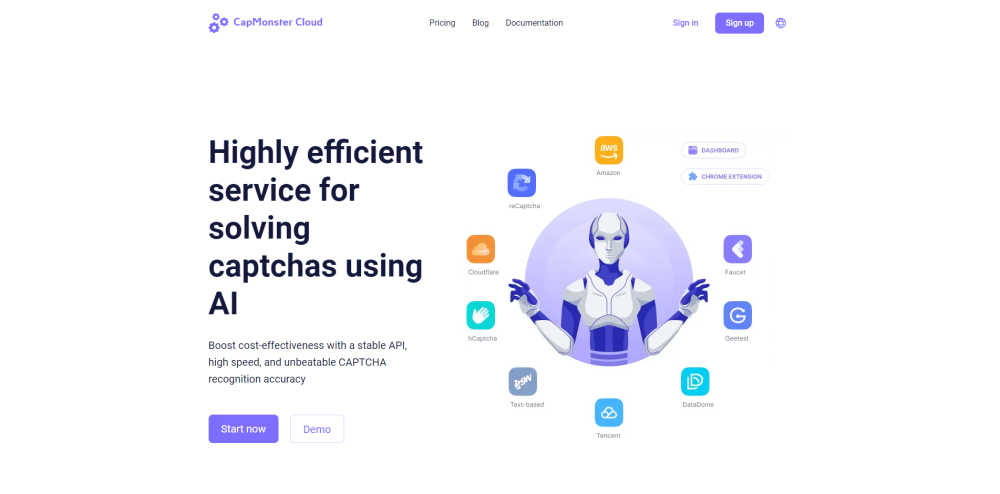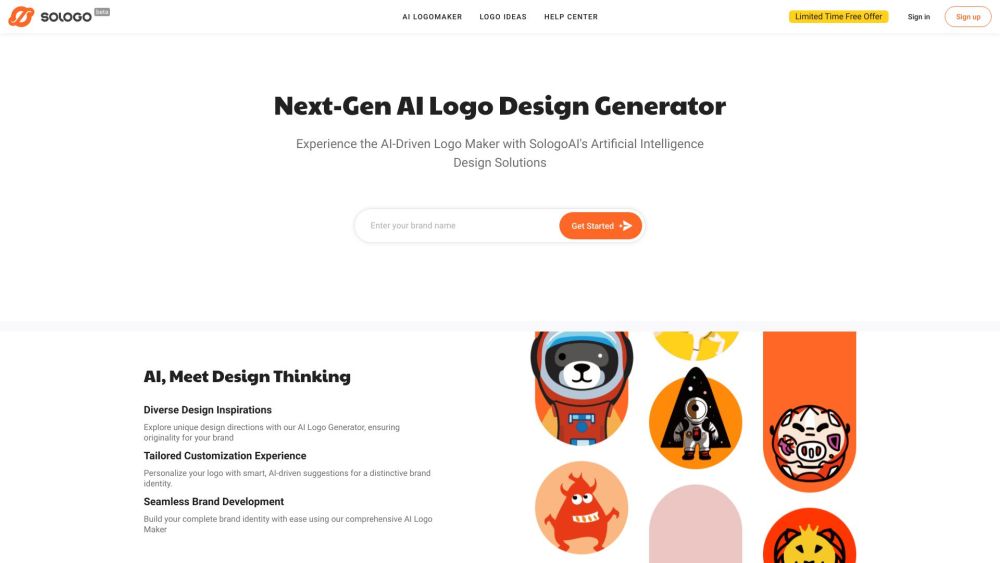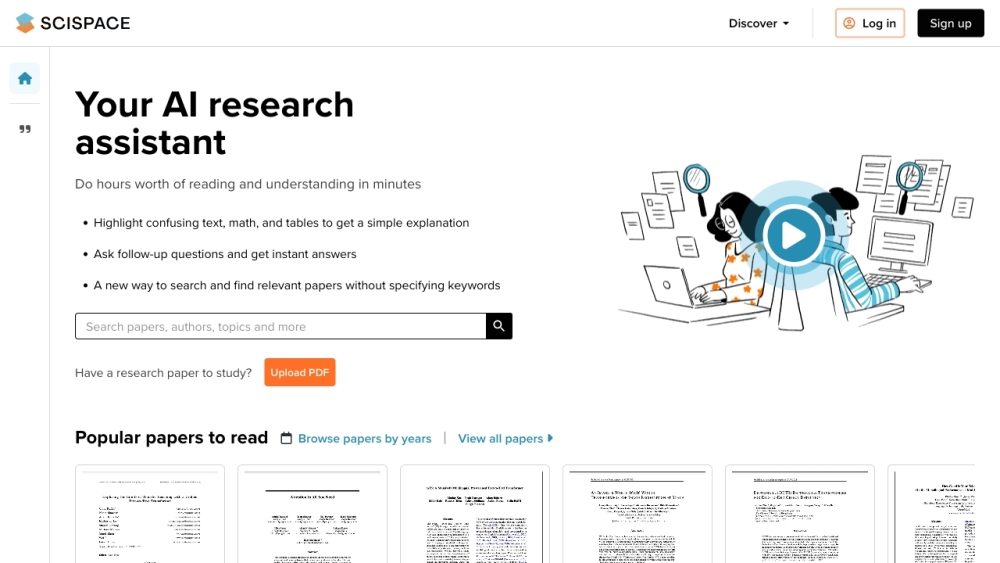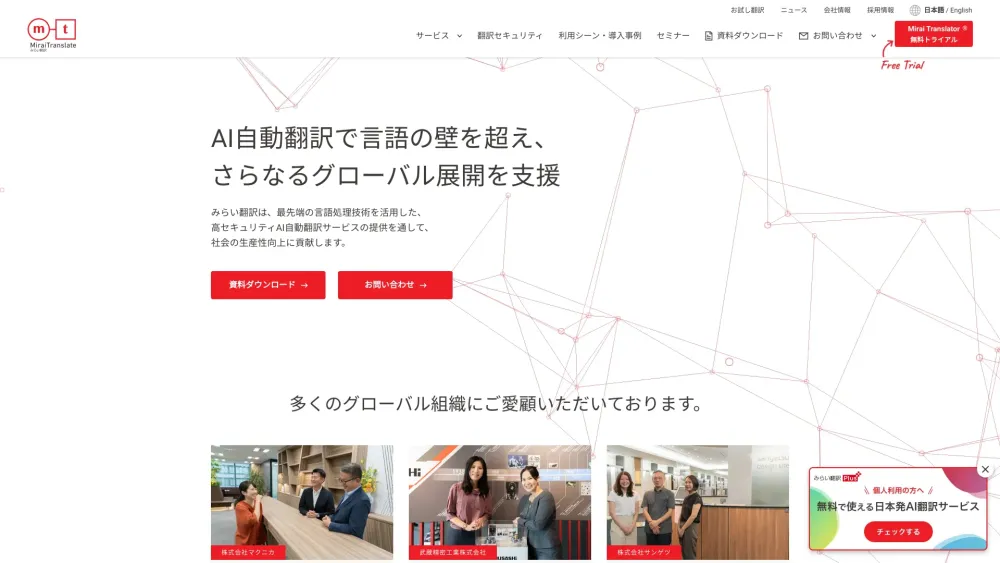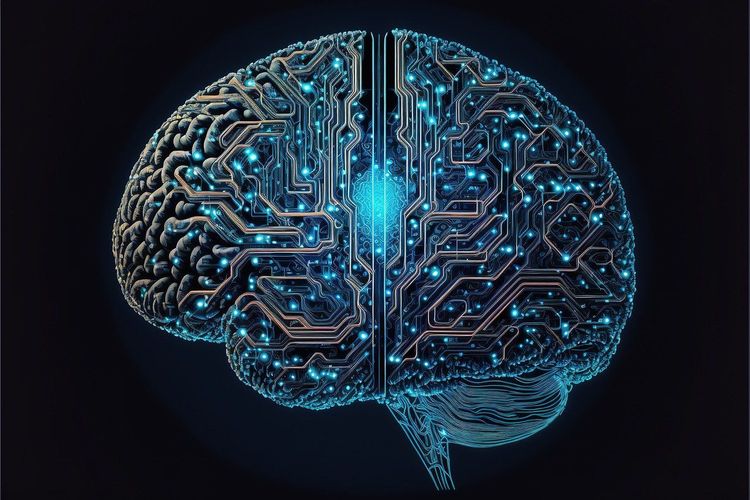The emergence of foundation models has sparked a renewed interest in robotics. Companies like Boston Dynamics and Figure are investigating how continuously learning humanoids can transform both enterprise and consumer ecosystems. However, Chris Walti, the former head of Tesla’s Optimus humanoid project, believes there’s a simpler solution, particularly for warehouse operations. Today, he announced Mytra, a startup co-founded with Ahmad Baitalmal, who previously led engineering at Rivian. Mytra aims to implement AI-driven, 3D robotics systems to improve material flow—the vital task of managing materials within warehouses.
“We’re taking a radically different approach by minimizing hardware components and emphasizing software capabilities. We are the first solution to universally automate the most labor-intensive aspects of material flow, which are the ‘red blood cells’ of any industrial operation,” Walti stated.
Operating since 2022, Mytra has recently emerged from stealth mode with $78 million Series B funding from prominent investors, including Greenoaks, Eclipse, Abstract Ventures, Promus Ventures, LifeX, 515 Ventures, and Garry Tan, CEO of Y Combinator.
What does Mytra Offer?
Material flow encompasses the movement and storage of goods in warehouses, which remains predominantly reliant on human-operated forklifts and conveyors despite advancements in robotics and AI. This reliance can be inefficient and unsustainable due to increasing manufacturing pressures and a shrinking labor force.
Walti experienced the challenges of material flow firsthand during his tenure at Tesla, noting that ineffective systems almost jeopardized the company. “I created and led a team to ensure Tesla never faced such challenges again. As the project expanded, it became evident that the industry needed simpler, adaptable robotics solutions that leverage modern software to address pervasive operational issues in factories and warehouses,” he explained, leading to Mytra's inception in 2022.
At its core, Mytra offers a modular cell-based matrix structure that allows AI-powered bots to navigate effortlessly. These bots can transport up to 3,000 pounds between adjacent cells in any direction, significantly enhancing the efficiency of material handling compared to traditional methods.
“Our structure can expand or contract to fit any spatial requirements. It features a tessellating lattice design with no moving parts, creating a 3D framework for the bots to navigate across all axes (X, Y, and Z). This innovative system provides maximum flexibility in material movement,” Walti elaborated.
The end-to-end AI software boosts the bot’s efficiency by optimizing routes and inventory management. It anticipates needs based on historical data, placing high-demand items in zones with greater throughput while storing less urgent goods in lower-demand areas.
“Each cell is software-addressable as a potential storage or throughput location, allowing nearly infinite configuration of the Mytra system,” Walti added. Teams can adjust the system's scale, density, and throughput in response to varying warehouse demands.
Innovative Computational Approach
To meet the computational requirements of this software-centric approach, Mytra employs a combination of algorithms bolstered by reinforcement learning.
“These algorithms tackle small, high-value subsets of problems. Reinforcement learning elegantly manages computational complexity by navigating countless possibilities to devise an optimal operational plan,” Walti noted.
Growing Interest from Major Corporations
Since its stealth launch, Mytra has garnered significant attention from Fortune 100 companies, including grocery giant Albertsons.
“We are currently running pilot programs and receiving interest from existing customers looking to scale. New customer demand is rising, with several deployments planned for 2025. This strong traction confirms that we are addressing a critical and expanding business challenge,” Walti stated.
When inquired about the cost of deploying the modular system, the CEO indicated that initial investments would align with conventional pallet racking at scale. The remaining elements—bots and AI software—are offered on a service-based model.
“Our projects have consistently shown that using Mytra’s bots and software is significantly more cost-effective than traditional material-handling methods involving forklifts and human labor,” he asserted.
While competitors like AutoStore, Locus, and Zebra aim to automate material handling, Walti emphasizes that their solutions often require extensive technical expertise and substantial investments, lacking the adaptability needed for evolving business landscapes.
With the recent investment, Mytra plans to scale its technology and deliver solutions to keen customers while expanding its team to enhance systems and introduce the next generation of Mytra bots for companies eager to automate manual and labor-intensive tasks.
